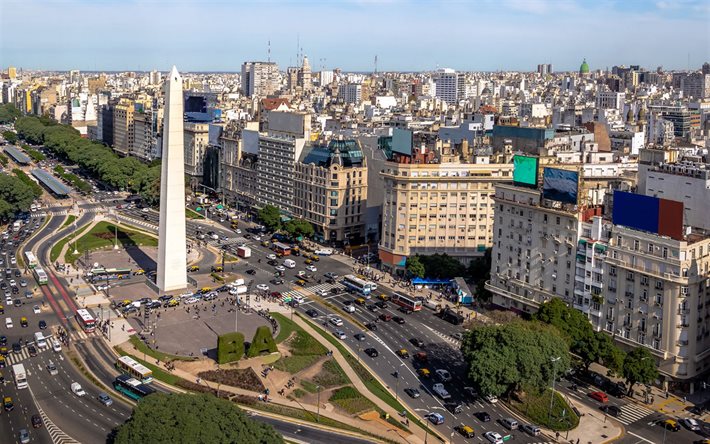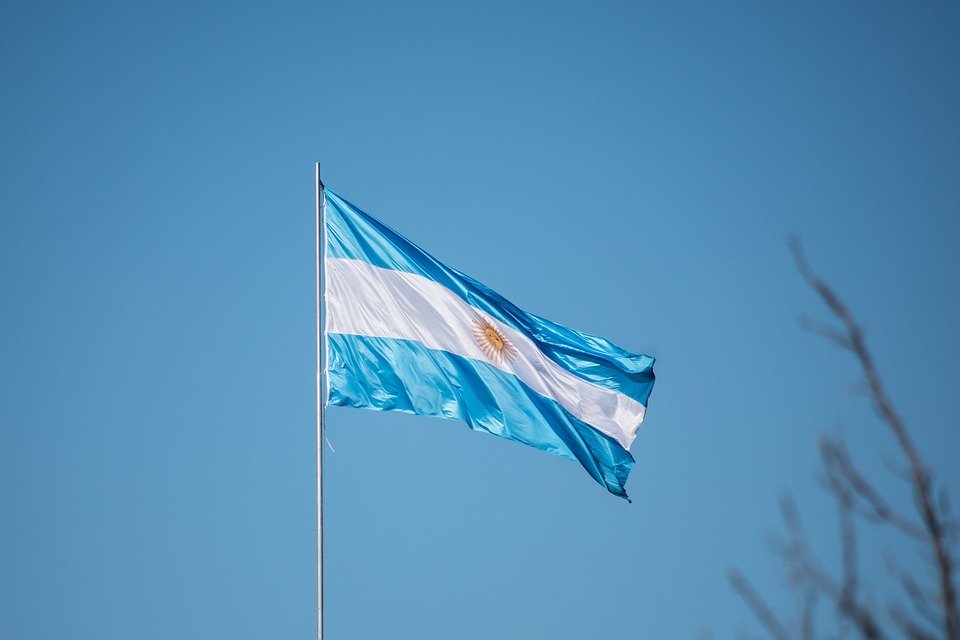Argentina, the second largest country in South America, has announced its plans for a well-established altcoin.
Argentina government supports this altcoin project
The Argentine government plans to research and create adaptive legislation for the cryptocurrency ecosystem. During the South American nation’s ETHTam conference on Thursday, Diego Fernández, the city’s secretary of innovation and digital transformation, announced that the nation’s capital, Buenos Aires, plans to install Ethereum nodes in 2023. According to Fernández, the initiative will have exploratory and regulatory purposes. It will also assist the city of 3 million in “developing adaptive regulations” for cryptocurrencies.

If what Fernández says is true, one of the first cities in the world to run a government’s Ethereum nodes or Ethereum client software will be Buenos Aires. Buenos Aires, officially the Autonomous City of Buenos Aires, is the capital and largest city of Argentina. With a population of 15,370,000, it was ranked 1st in Latin America and 91st in the world in terms of quality of life in 2018.
Ethereum nodes to be installed in 2023
The Buenos Aires legislature created a regulatory sandbox in 2021. This is how nodes will be distributed under this framework, according to Fernandez. The city of Buenos Aires will receive assistance from private parties for node deployment via the sandbox. While it does not specify the number of nodes that will be installed in the city, they are expected to be hosted in “world-class” data centers belonging to the city of Buenos Aires.

Buenos Aires has dealt with cryptocurrency before. According to Fernández, the city began developing TangoID, a blockchain-based digital identity platform, in March to give its citizens power over their personal data. The platform will be operational in January 2023.
Fernández noted that TangoID will first connect to Starknet during its presentation on Thursday.
The mayor of Buenos Aires, Horacio Rodrguez Larreta, announced in April that the city would accept crypto payments to pay taxes. At the time, Larreta announced that the government would receive the Argentine peso directly from citizens through conversions performed by cryptocurrency businesses rather than cryptocurrency.







